Turkish, Pakistani scholars discuss how 2 countries can aid each other and build mechanisms to face common challenges
Turkey and Pakistan need to fortify their bilateral relations while expanding the scope of their engagements to research and exchanges of experiences, from battling terrorism to know-how in defense and high tech, scholars from the two countries agreed on Wednesday.
“Turkey and Pakistan need to build sustained, resilient cooperation mechanisms to face growing international challenges,” said Mustafa Caner, addressing the second day of the first Turkey-Pakistan Security Dialogue held in Istanbul.
“Bilateral relations should be fortified and the two countries should engage regional countries including Iran,” he said, adding the re-launch of the Istanbul-Tehran-Islamabad train was a move in the right direction.
Caner is a research fellow at Sakarya University’s Middle East Institute. He was part of a galaxy of scholars, academicians, former soldiers and practitioners from Turkey and Pakistan who are holding wide-range deliberations on challenges facing the two countries and possible mechanisms to jointly solve them.
Welcoming Pakistani delegates at the office of the Foundation for Political, Economic and Social Research (SETA) in the Turkish metropolis, Professor Muhittin Ataman said a sustainable process of the exchange of views between the two sides should be maintained.
A day earlier, the Pakistani delegates, led by Professor Rabia Akhtar from the Center for Security, Strategy and Policy Research at the University of Lahore, deliberated on varied aspects of regional security issues at Istanbul Aydin University. The Pakistani delegates are visiting several Turkish universities and think tanks for the joint security dialogue.
- ‘Reconsider norms of international politics’
Professor Murat Yesiltas from Ankara Sosyal Bilimler University said that international politics was undergoing a “period of transition” in the aftermath of the COVID-19 pandemic.
“The UN cannot bring solutions, (nor) does it have any comprehensive framework. It has a framework to bring peace but it does not work,” he said, noting that the world was witnessing the return of “great power politics” viz-a-viz US’ moves against the “rise” of China.
Citing the Russian war on Ukraine as a “textbook example of how great power politics is working,” the Turkish academic said Turkey and Pakistan will have to consider “different threat metrics, and terrorism is one of the important issues besides militarization, armament and the emergence of non-state actors.”
Arguing that the world is moving towards multi-polarity, Yesiltas said the two countries will have to also “reconsider norms of international politics” amid an “erosion of Western strategic dominance on international politics.”
Foreseeing what he called the “rise of the East,” Yesiltas said Turkey and Pakistan “are two strategically important states with important roles, which have great opportunities and potential to deliver their objectives.”
Academic Ataman discussed how Turkey was left by its allies with no choice but to heavily invest in its own defense industry.
“Our NATO allies dismantled air defense systems from Turkey, transferred them to eastern EU countries, and that is why Turkey invested in defense for self-help,” he said.
He argued that every state “has to depend on its resources.”
“And Pakistan enjoyed this to an extent,” he said, referring to the only Muslim country being a nuclear power.
However, he insisted that the two countries will have to “take a position which will require a maximation of its national interests.”
Ataman said Turkey “cannot remain indifferent to regional tensions around us.”
“We began to intervene into these crises because it directly affects our national security,” he said, citing Syria as an example of how the PKK’s branch in the war-torn country threatened Turkey.
“There is no option but to invest more in hard and conventional military power,” he said, adding Ankara was “striving to increase its strategic autonomy, primarily because multilateralism is not delivering.”
- ‘Turkey trying to find middle ground in Asia’
Nazmul Islam, who teaches at Ankara Yildirim Beyazit University, said Turkey was trying to find a middle ground in Asia.
“Turkey has provided a credible leadership and has acceptance in the region, where it is trying to make its own middle ground,” said Islam.
He said Turkey needs a “a common partner” in the region, suggesting further cooperation in trade and defense between Turkey and Pakistan.
Gloria Shkurti Ozdemir from SETA said defense cooperation “must be used as an anchor of Turkey-Pakistan relations.
- ‘CPEC means of prosperity’
Khalid Banuri, a former Pakistani Air Force Commodore, said Pakistan’s relations with China should be seen through a “geo-economic lens.”
Referring to the multi-billion-dollar China-Pakistan Economic Corridor (CPEC), he said it is a “means for prosperity” for Pakistan.
“Geo-economics is a priority of Pakistan and there is space for cooperation amongst like-minded (nations),” he said, adding Pakistan and Turkey “have this potential where more leveraging is needed and how we help each other.”
Nazir Hussain, a professor of international relations at Quaid-e-Azam University in Pakistan, said there was a need for “our own discourse on our issues.”
“Why only Western discourse?” he said, emphasizing that the academia and think tank communities of Pakistan and Turkey should jointly lead “generating our own discourse.”
He claimed that Western democracy had “failed as it did not bring solutions to all problems.”
On countering terrorism, Hussain said that while everyone was talking about this menace by non-state actors, “India and Israel engaged in state terrorism in Kashmir and Palestine.”
“Terrorism, including state-sponsored terrorism, has no boundaries,” he said, adding Turkey and Pakistan have common issues and interests, from Iran to Iraq, and the two countries should “learn from each other’s experiences.”
He emphasized student and research exchanges “to create a common ground” between Turkey and Pakistan.
Salma Malik, a Pakistani professor in defense and strategic studies, discussed the gender question in conflict profiling, including in Afghanistan and Indian-administered Kashmir.
Referring to “half widows” in Kashmir, she said Kashmiri women were navigating many pressures to survive.
“Half widows” is a term used to identify those Kashmiri women whose husbands were disappeared in Indian-administered Kashmir since the 1990s and no one knows of their whereabouts.
She proposed that Turkey and Pakistan can “work together” in Afghanistan regarding issues facing women in the war-torn country, including in their education.
“Can we do the same in Kashmir? Unfortunately not, but Turkey can talk to India,” she said.
“There is room for a lot of positive action, including research and quadrilateral dialogue among Turkey, Pakistan, Afghanistan and Kashmir coming together,” she said.
- Nuclear weapons generating and consuming security
Discussing the impact of nuclear arms in South Asia, researcher Sitara Noor said that nuclear weaponization had “played a role in generating and consuming security, both at the national and transnational levels.”
Noor, a senior researcher at the Center for Aerospace and Security Studies in Islamabad, however, warned that the reduction in the global arms regime was “already on a negative trajectory.”
Adil Sultan from Air University Islamabad told the conference that Pakistan attained nuclear weapons because of its “security concerns and that it faced an existential threat from India.”
“Ever since we conducted nuclear tests in 1998, the frequency of crises between Pakistan and India has increased,” he noted
He said Pakistan had offered several proposals for establishing “a nuclear weapons free zone, but to no avail” as “India was given exceptions” by Western powers under the Nuclear Suppliers Group (NSG).
“The biggest challenge to the Non-Proliferation Treaty (NPT) is creating exceptions like one for India,” he regretted.
Lauding Turkey for taking a stand in the NSG regarding such exceptions, Sultan said Ankara and Islamabad have “lots of potential on the nuclear issue.”
“Pakistan has good experience in operating nuclear plants, hospitals and agriculture research institutions, and the two countries can share experiences and look for areas of collaboration,” he suggested, adding that emerging technologies and artificial intelligence were strong areas of cooperation.
Young Pakistani scholar Syed Ali Zia Jaffery agreed that the NPT regime “is being challenged by exceptions given to states outside of the NPT.”
While India is “being propped up as a net-security provider” in South Asia, said Pakistani Professor Zafar Nawaz Jaspal, “Turkey and Pakistan can share experiences in combatting insurgencies.”

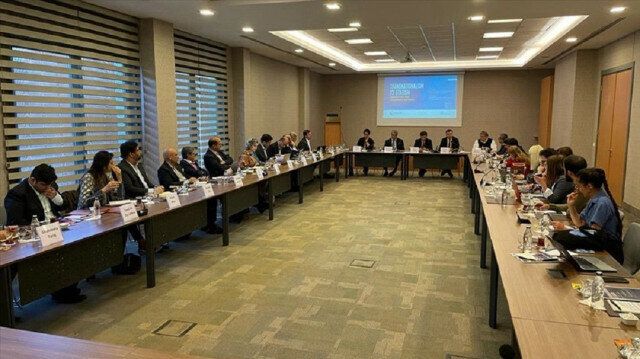
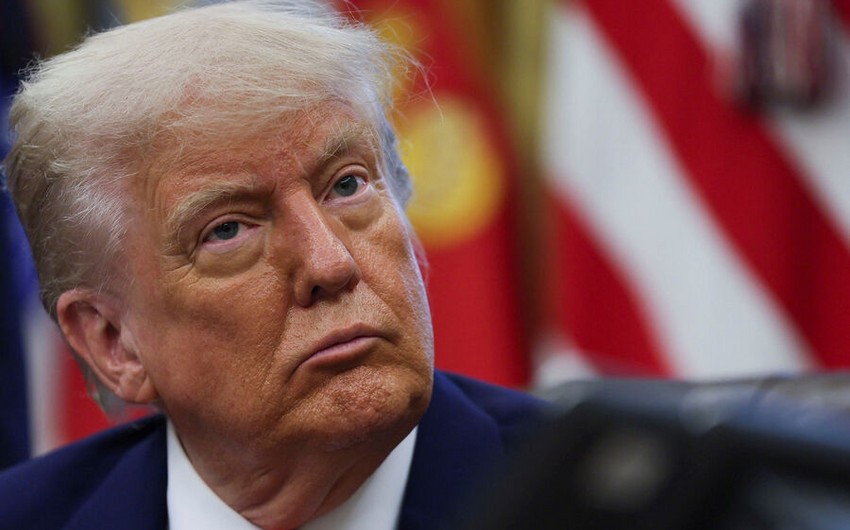

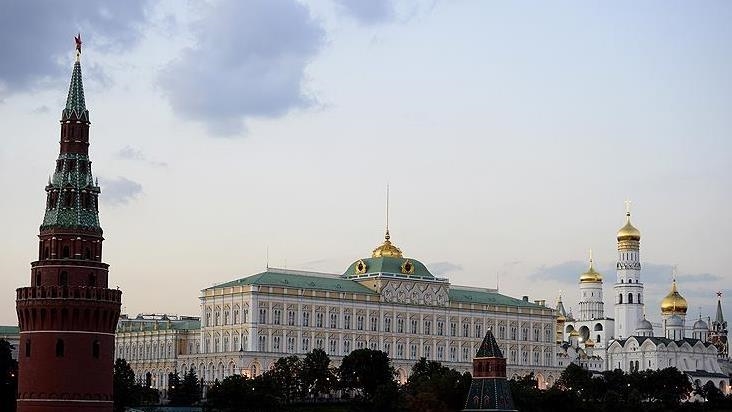
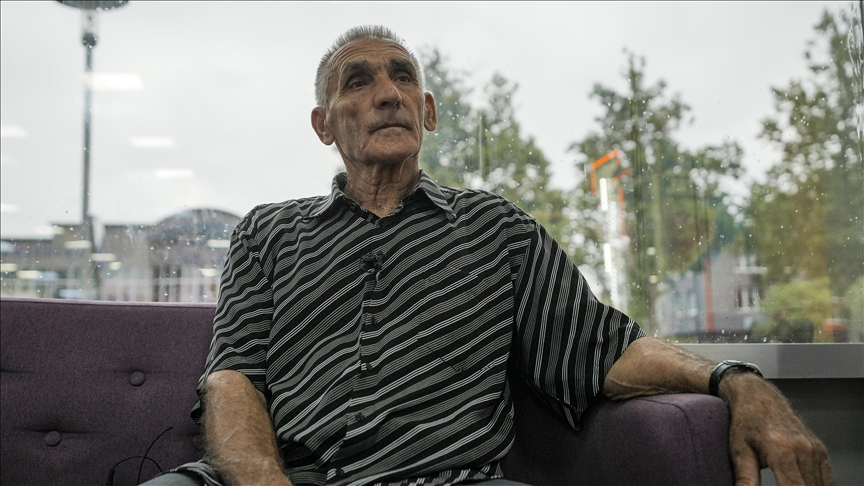
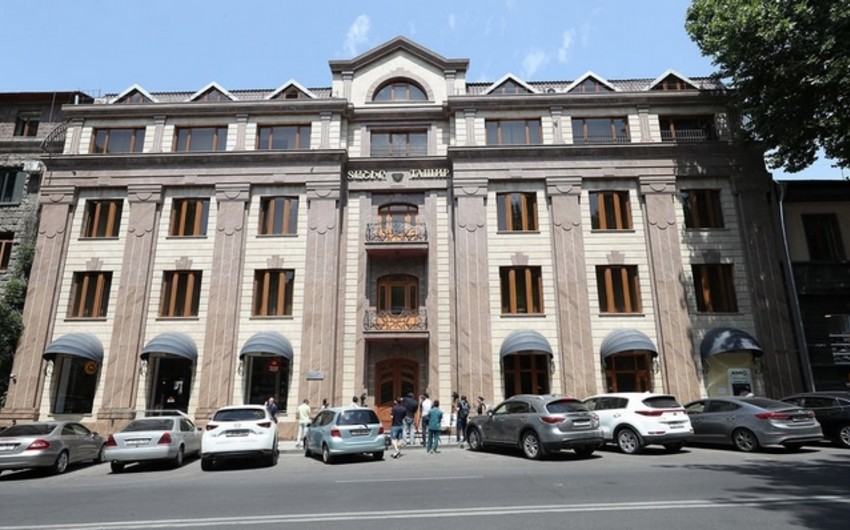
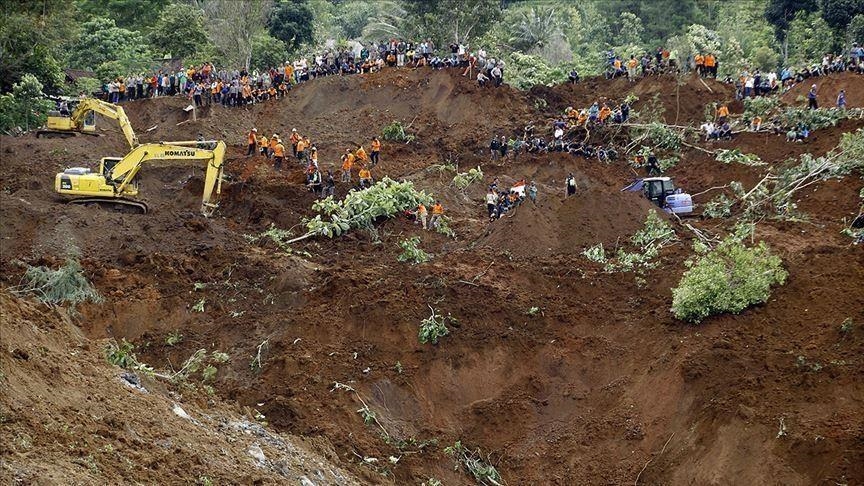
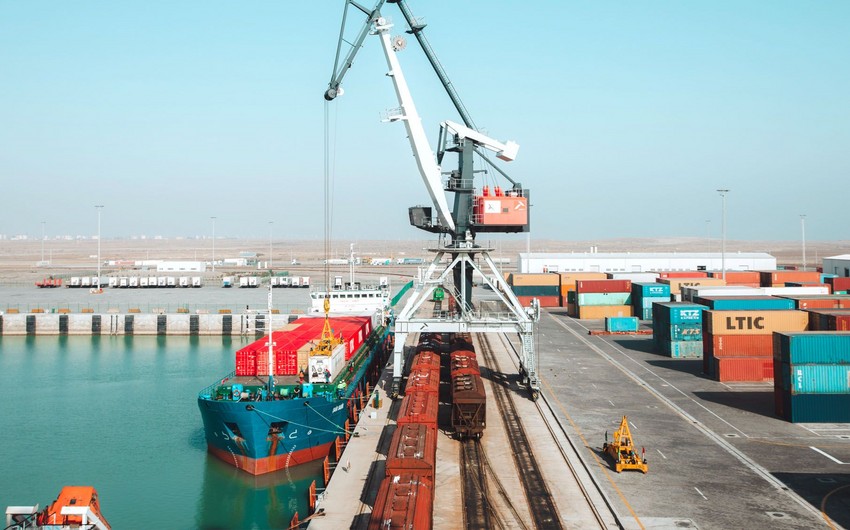
.jpeg)
